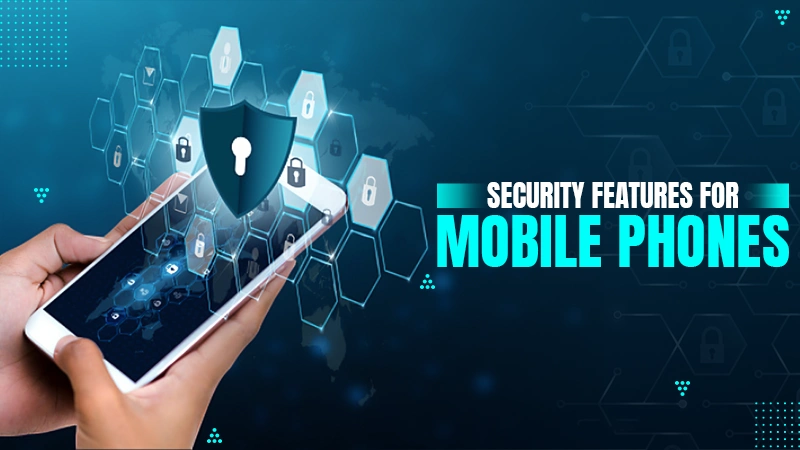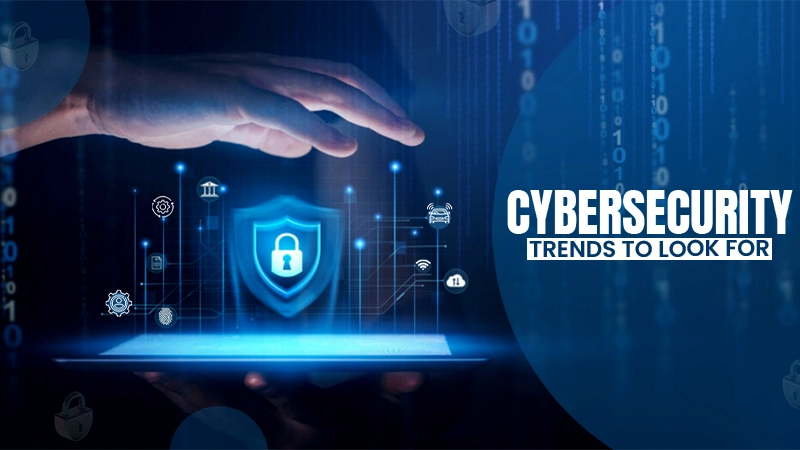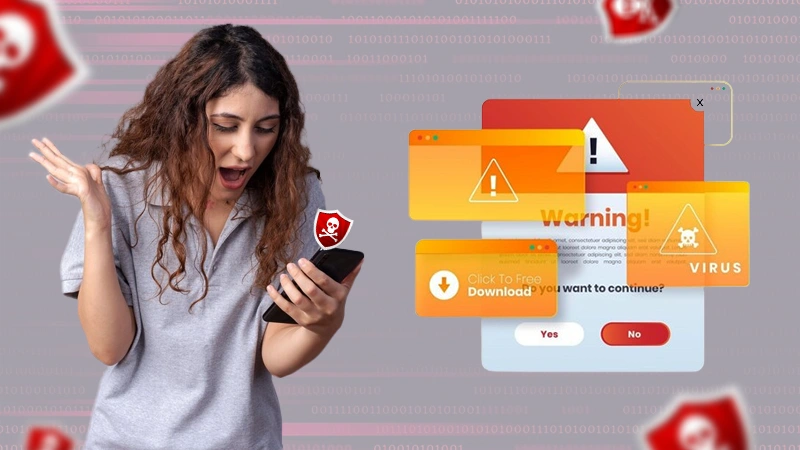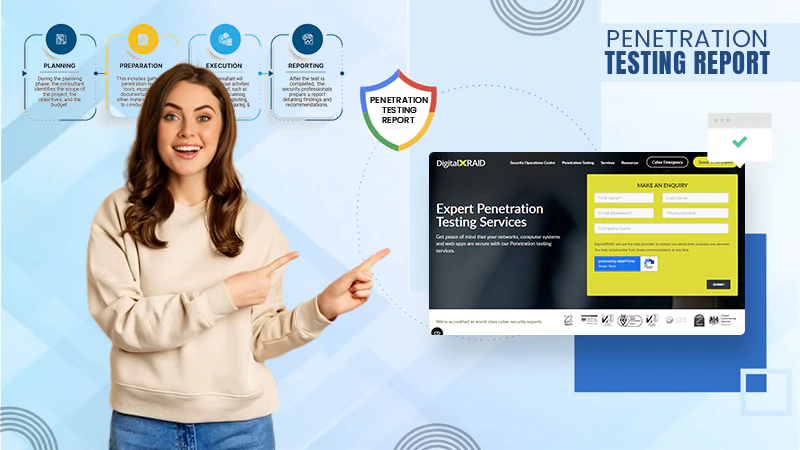Perhaps you’re thinking of introducing parents to the Internet network. Maybe, they’ve been tricked into clicking odd links by criminals before.
Either way, giving them the knowledge of cybersecurity basics is one of the best things one could do to prevent them from falling victim to hackers.
This includes training them in self-awareness, protecting their data, and using helpful software.
Here is a comprehensive cybersecurity guide you can use yourself and send to parents.
Protect Your Personal Information
When someone steps into an online world, it’s paramount to take care of the information properly.
When someone is trying to reach out to any one of you and asks for personal information (like bank card details, Social Security number, and so on), don’t send it right away.
Criminals might be trying phishing!
They’re also known to create emails, phone numbers, and social media accounts similar to the ones real services have.
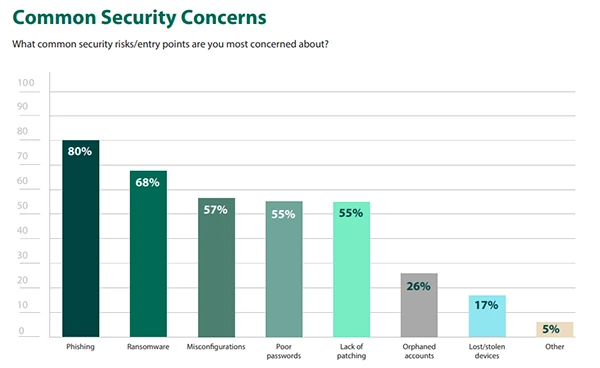
Statistics:
According to Fortra’s 2022 Pen Testing Report, it is found that phishing is the most common security concern.
However, over 80% of individuals came across phishing due to a lack of security concerns.
Later, they trick individuals into thinking they’re a legitimate business.
Unfortunately, most of the messages or calls of that type one receives are not real. Keep this in mind, the service providers won’t be asking for information over the phone.
Make sure to check the email address and phone number before replying. Also, report any cases of phishing.
Curiously enough, some information leakage happens unintentionally. Be it by sharing the name of the pet online or posting a photo with a credit card in the background, you might be giving criminals a peek at sensitive information.
Interesting Fact:
According to various studies, 74% of cybersecurity breaches are caused by human error.
Don’t share too much on social media or in messengers.
Don’t Click On Odd Links and Pop-Ups
Sadly, using a fake email or phone number to ask for personal information is not the only way phishers work.
In addition to pretending to be a reputable service, they also post odd links and pop-up windows. Why? In the hope that users click them either intentionally or completely on accident.
Clicking on them can get malware or viruses installed on the computer automatically.
What happens then? Criminals can take control of the device, steal the data, or sneak into the network.
Remember this rule: Don’t ever click on questionable links or pop-ups, especially if they’re something one didn’t personally initiate.
Come Up With Strong Passwords

Ever set easy-to-remember passwords like “0000”, date of birth, or child’s name? One can expect to be easily hacked.
To avoid cybercriminals stealing login credentials, create stronger passwords and change them often. The main password creation rules are:
- Use at least 12 characters.
Do You Know?:
Scientific American research held in 2019 reveals that 12-character passwords are 62 trillion times more difficult to crack compared to 6-character passwords.
- Use uppercase and lowercase letters, numbers, and symbols.
- Avoid using personal information as a password. For instance, date of birth, the names of the spouse and pets.
- Create new passwords every time you register for a service.
- Consider nonsensical phrases for passwords.
If you feel like creating and memorizing passwords is difficult, then you are open to investing in a reliable password manager.
Be it an Android password manager, iOS, or Windows. Not only will it help one come up with a long and strong login code, but it will also keep it all in one place.
All you need to remember is a master password to access the autofill function.
Moreover, try setting the password manager to autofill only trusted websites and applications.
Secure Your Internet Connection
Although most Wi-Fi networks used at home are safe. Some basic encryption might not be enough for a completely secure connection.
Meanwhile, there is some software one can use to strengthen the wall between them and online criminals.
First of all, invest in a good antivirus program.
It acts as an additional shield and can detect possible malware and suspicious links, letting individuals know that they should stay away from them.
It can even scan the devices for threats and delete them. Some antiviruses back up the data, hence, storing it in a guarded place. Consequently, store it far away from identity thieves.
Secondly, install a VPN (virtual private network).
This software is like a magical wand for any internet user. But it doesn’t protect individuals at home only.
When you leave the house and connect to a new Wi-Fi network, it will encrypt the connection, hiding it from third parties. So, neither criminals nor advertisers can take control of the information.
To Summarize It…
Remember that it’s very easy for criminals to take advantage of weak passwords and robust social media exposure.
That’s why being aware of these basic cybersecurity measures can assure peace of mind regardless of their experience level.
As long as you use applicable software, avoid intentional sensitive data leaks, create strong login credentials, and stay self-aware, you won’t be compromised online.


